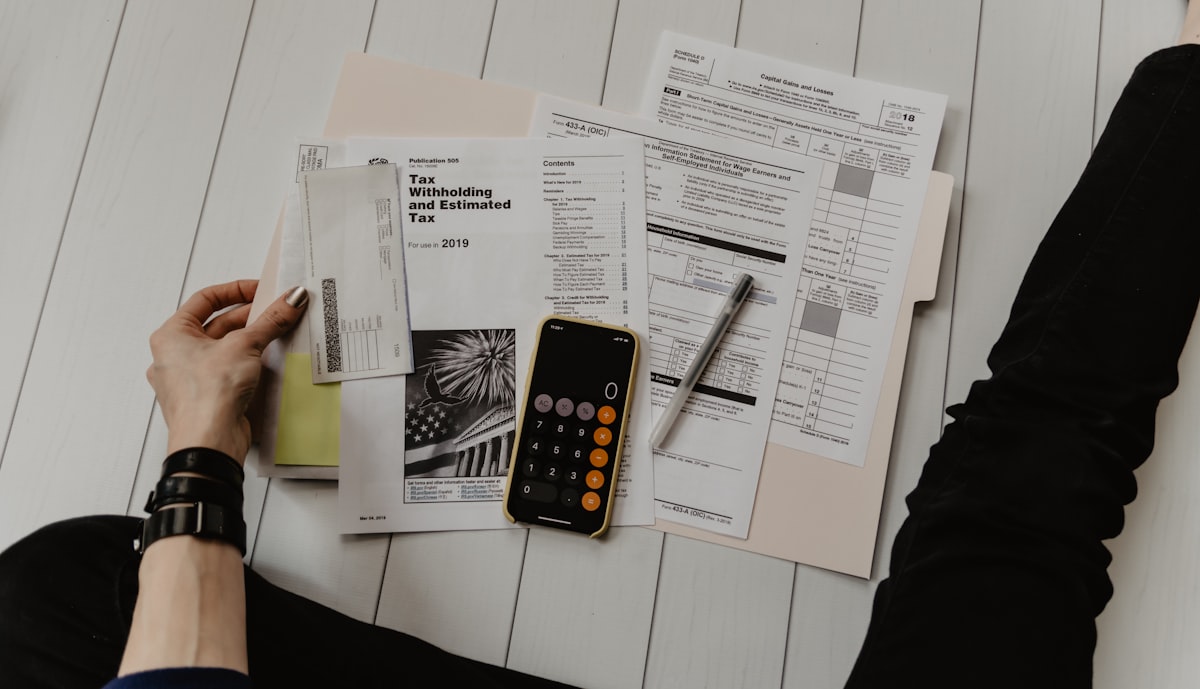Legal risks, KYC/AML and money back guarantee
Media buyers regularly face legal risks and procedures related to KYC / AML Facebook Ads. Common questions include: is card arbitrage legal? Why are cards blocked for arbitrage? In this article, we’ll cover the primary risks, ways to protect your accounts, and clarify under which law cards are blocked due to arbitrage.
KYC / AML Requirements for High-Volume Accounts
As advertising volume increases, so do verification requirements. KYC AML Facebook requirements typically involve:
- Identity verification of the account holder.
- Source of funds and payment data checks.
- Regular compliance audits according to platform policies.
Ignoring these requirements can result in blocked accounts and payment cards, especially in traffic arbitrage.
Risk Profiles for "Gray" Traffic: How to Minimize Them
Each arbitrage card has its own risk profile. To minimize the risk of Facebook blocks:
- Only use trusted cards with high credibility.
- Avoid sudden spending spikes and frequent IP changes.
- Regularly complete KYC/AML checks to maintain high compliance levels.
These steps help ensure the stability of ad accounts and prevent unexpected bans.
Replacement Policy, Refunds, and the Offer Agreement
An essential aspect is a well-defined Facebook account refund policy:
- Clearly outline conditions for replacing blocked accounts.
- Provide a transparent offer agreement that includes refund guarantees.
- Specify criteria under which a refund guarantee for Facebook accounts applies.
Clear terms help avoid legal disputes and build client trust.
Conclusion: Adhering to KYC/AML requirements, careful risk management, and transparent refund policies significantly reduce the likelihood of blocks and enhance the effectiveness of working with Facebook Ads.


